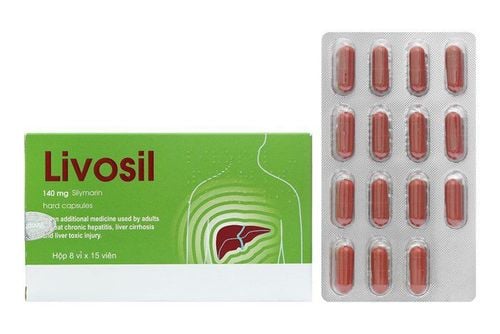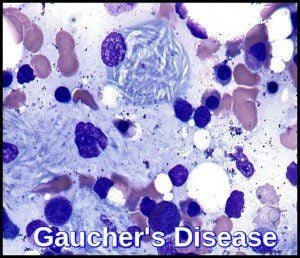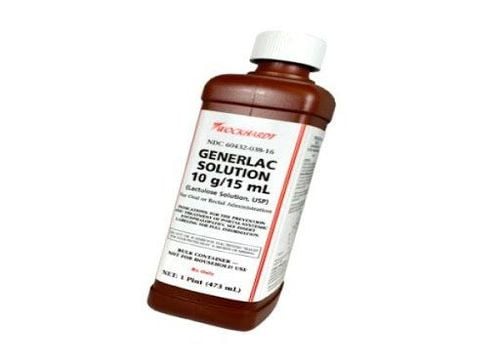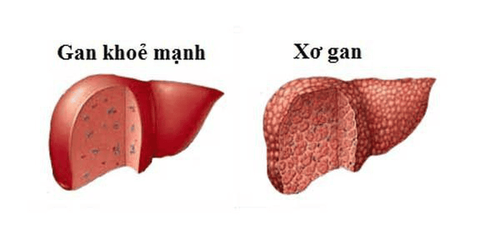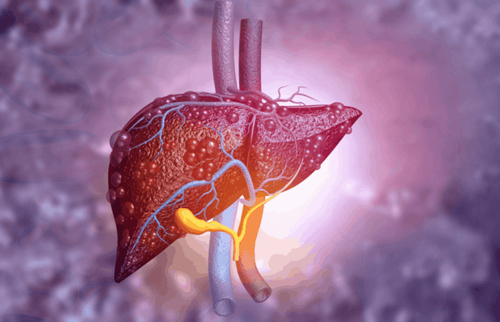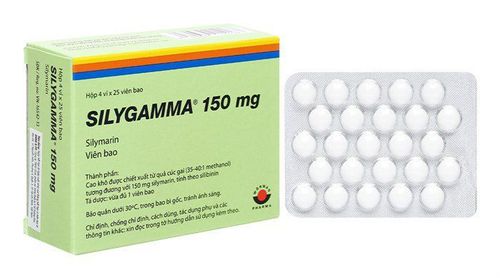This is an automatically translated article.
The liver is an organ with many important functions for the body such as synthesis, metabolism, excretion and detoxification. When the liver has problems, it will affect many activities of the body and we can recognize it early through some of the following signs.1. Nausea and loss of appetite are liver problems
Nausea or loss of appetite can be caused by many gastrointestinal causes. However, this can also be caused by an underactive liver leading to a decrease in bile production. Bile is produced by liver cells to help digest fat when we eat, when the amount of bile is not enough, the fat is not fully digested, causing nausea and loss of appetite. If you often experience nausea and loss of appetite, this is a warning sign of liver disease.
2. Right lower quadrant pain
Poor liver is manifested by pain in the right lower quadrant. The reason is because the right hypochondrium corresponds to the location of the liver, some liver diseases can cause changes in size, making the liver bigger than normal and stimulating the liver capsule, thereby appearing. symptoms of pain in the right lower quadrant.
3. Stomach fullness is a sign of liver problems
Abdominal bloating is also a sign of many gastrointestinal diseases. However, abdominal bloating due to liver causes is often more dangerous. If the cause is liver disease, the first stage often shows bloating, indigestion, loss of appetite combined with constipation or diarrhea. This condition can be caused by undigested fats or by increased pressure in the blood vessels around the liver, leading to a delay in the absorption of fluids in the abdomen.
4. Poor liver is manifested by symptoms of itching, pimples on the skin
Itchy skin or pimples on the skin can be caused by many reasons and this can also be a manifestation of a poor liver's ability to detoxify. Therefore, when the symptoms of itching, acne on the skin do not go away for a long time, the patient should pay attention to visit the doctor as soon as possible.
5. Feeling tired often
Frequent fatigue is also a sign associated with liver problems. Fatigue can be caused by liver disease because of the accumulation of endogenous or exogenous toxins, the liver decreases its ability to store glucose, so the body easily falls into a state of low blood sugar or anorexia and eat less. may cause fatigue.

Gan có vấn đề biểu hiện bằng những triệu chứng ngứa, nổi mụn trên da
6. Sleep disturbance
Insomnia can be an early sign of cirrhosis. Symptoms of insomnia may include decreased sleep quality, ease of awakening, difficulty falling asleep, or excessive daytime sleepiness. Often, sleep disturbances result in less than 5 hours of sleep per night.
7. Drink a lot of alcohol, beer
Alcohol, beer contains many substances harmful to the liver, if using a large amount of alcoholic beverages will cause negative effects on liver function. Because the symptoms of alcoholic liver disease do not appear in the early stages, if you drink a lot of alcohol, your liver is likely to have a problem.
8. Have some liver disease
If you have a history of liver disease such as viral hepatitis, fatty liver, it shows that the liver is damaged.
Viral hepatitis: There are 3 most important viruses that cause disease, hepatitis A, B and C. When the virus enters the body, it will develop in liver cells, causing liver cell damage. This is also the main cause of liver diseases such as acute viral hepatitis, cirrhosis and liver cancer. Fatty liver: A benign condition of the liver, characterized by an increase in the amount of fat in the liver. However, it can turn into a causative agent of cirrhosis and liver cancer.
9. Yellow skin, yellow in eyes
A warning sign of liver problems is jaundice, yellow eyes. The cause of yellowing of the skin and eyes is due to the liver not metabolizing and excreting the bile pigment called bilirubin.
When liver function is normal, the amount of free bilirubin in the blood will return to the liver, be converted by the liver into a water-soluble conjugate form and excreted by the kidneys and partly in the feces. When liver function declines, excess free bilirubin in the blood is not metabolized, so it cannot be excreted. It penetrates into subcutaneous fat, causing jaundice and yellow eyes.
10. Darker Urine
Darker urine can be due to reasons such as diet, taking certain medications or maybe just because we don't drink enough water. If you suddenly notice that your urine is much darker than usual, and especially with white stools, this could be a sign of a liver problem. Liver disease increases the amount of conjugated bilirubin circulating in the blood, which increases renal excretion, causing dark urine. This is often a clear sign of acute liver disease, so it is important to pay attention to early examination and treatment.
11. Unusual color change of stools
The color of stools is caused by bile pigments. If your stools are pale, it is usually caused by the bile ducts, which makes it difficult for bile to pass through the digestive tract. If the stool is black like coffee grounds, it could be due to advanced liver disease causing gastrointestinal bleeding.
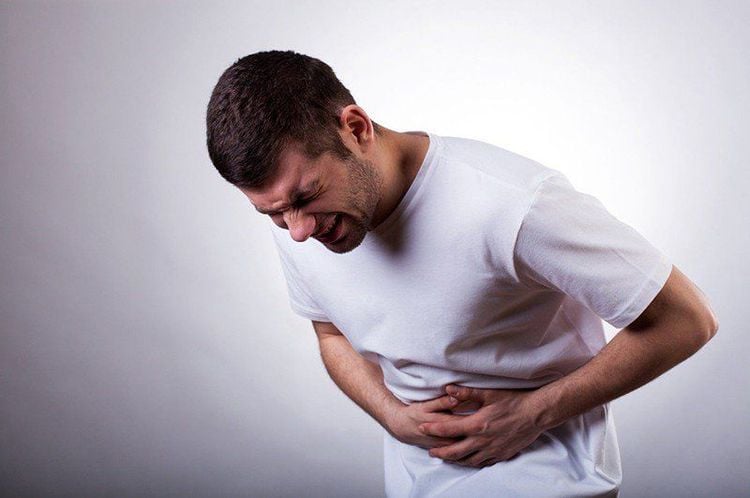
Gan có vấn đề có thể gây đau bụng
12. Angioedema is one of the liver problems
Angioplasty is a subcutaneous lesion consisting of a central arteriole with many radiating branches radiating around, resembling a spider's leg. When the hand is pressed in, the varicose veins disappear and when the hand is released, the varicose veins reappear. This is a sign that the liver is not working properly and is not metabolizing hormones in the body, typically the hormone estrogen.
13. Red palm or lipstick hand A redder than usual palm is also known as the lipstick hand sign. This is a warning sign of liver disease, caused by abnormally high levels of hormones in the blood. According to some studies, about a quarter of people with cirrhosis have this sign.
14. Hemorrhage on the skin and mucous membranes The liver is the place where some clotting factors are synthesized. So, if there is a problem with the liver, the synthesis of these clotting factors is hindered. Thereby increasing the risk of bleeding under the skin manifested by unexplained bruises or mucosal bleeding such as menorrhagia, heavy bleeding, blood in the stools ...
Sometimes the pathological warning signs of liver is unclear and easily confused in the early stages. Therefore, if you do not know what to do when your liver has problems, you need to see a doctor soon to detect any diseases. In addition, to maintain good liver function you should have a diet, scientific activities, limit alcohol and unhealthy foods.
Please dial HOTLINE for more information or register for an appointment HERE. Download MyVinmec app to make appointments faster and to manage your bookings easily.




